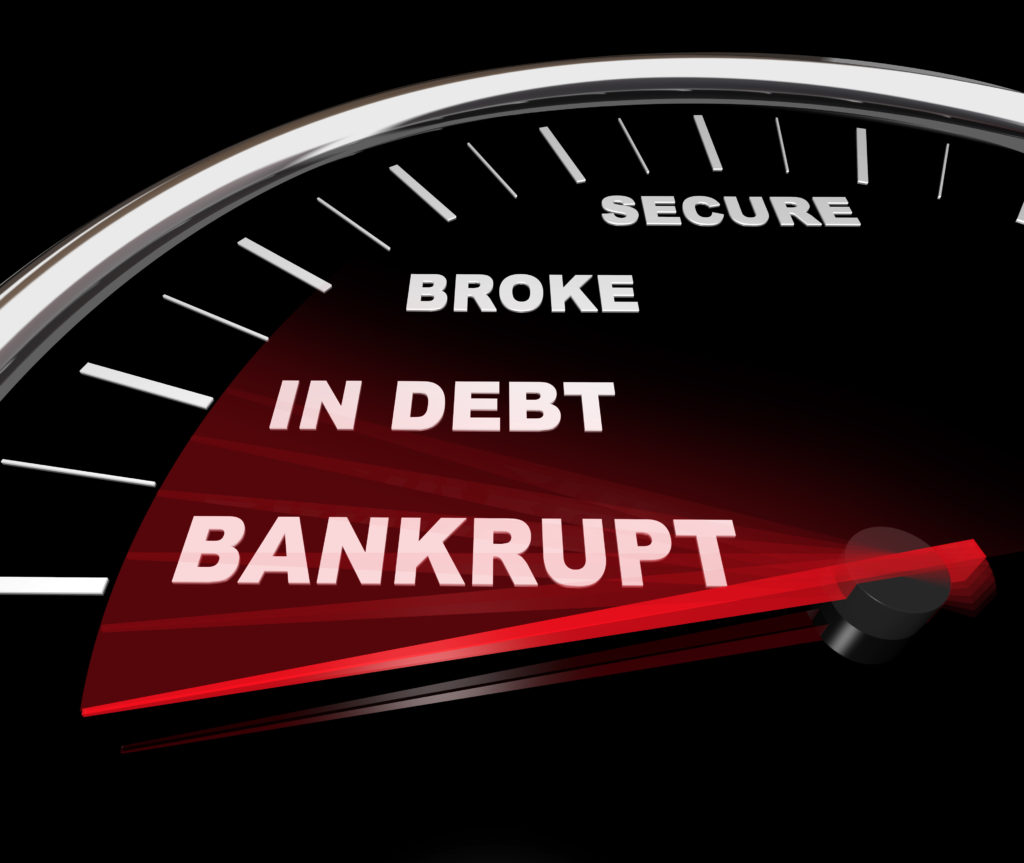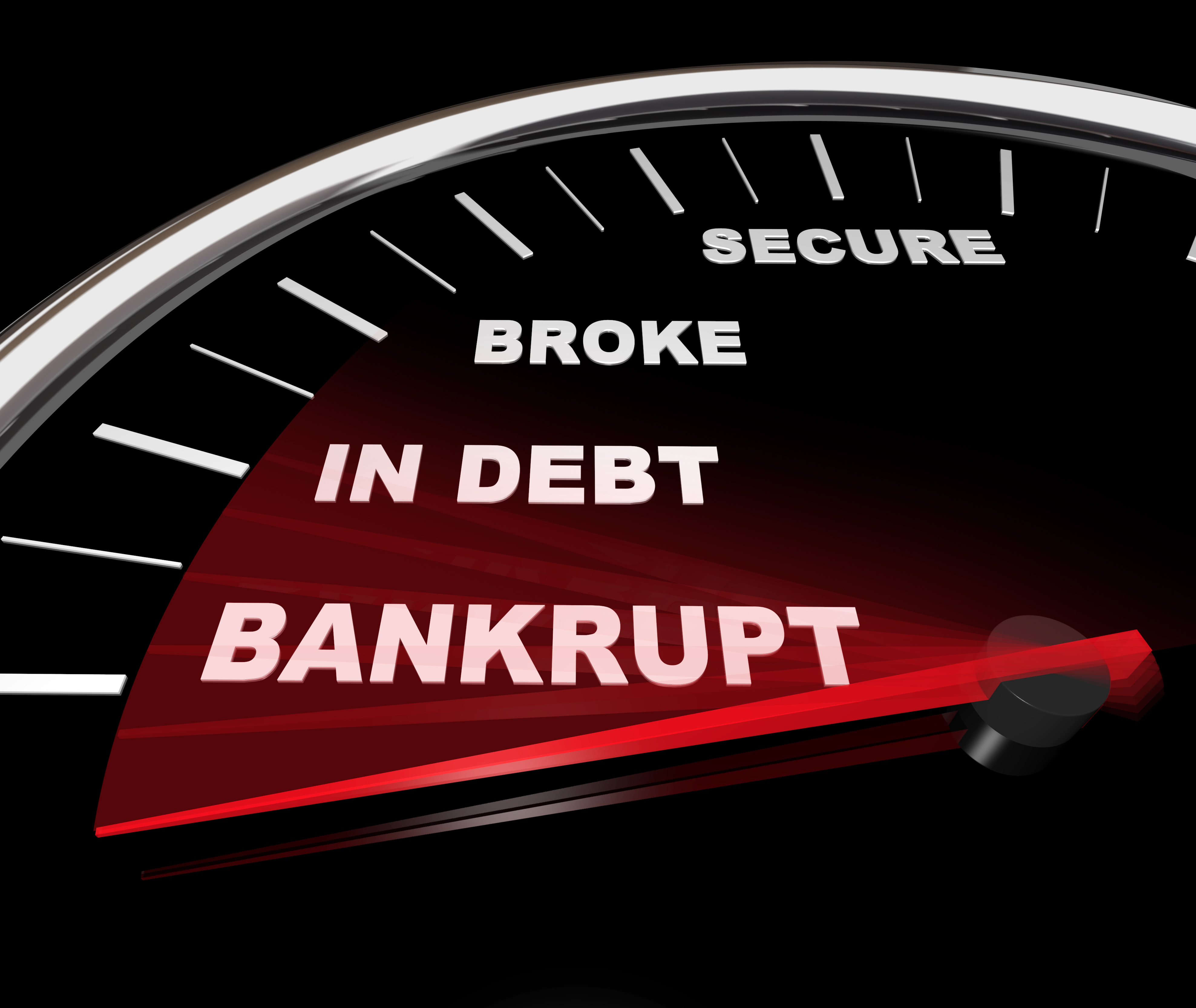When you consolidate your debts, especially the past due ones, you don’t actually get to pay them off completely. What it does, however, is to make them current again, easier to pay, and highly unlikely to be charged off, all of which are big boosts to your credit score.
Consolidating your debts means you retire the old ones and give birth to a new one. That’s why I mentioned consolidation doesn’t really help you pay off your past due debts completely in one fell swoop. But since you’ll be effectively taking on new debt, it’s crucial that before you consent to the consolidation, you’ve read the new debt’s payment terms and conditions carefully and exhaustively. Doing so will help you minimize or eliminate risks of being surprised by subsequent increases in interest rate and payment amounts when a prescribed honeymoon period eventually comes to an end.
Negotiate and Settle
If all else fails and you estimate that it’s practically unrealistic for you to become updated on your payments, you can go for broke and try to negotiate a possible settlement plan with your creditors. Such a settlement plan can be one in which the creditor agrees to you a smaller lump-sum payment that1l extinguish the whole debt. Usually, this involves negotiating for the cancellation of exorbitant interest and charges in order to help bring down the total amount owed and allow for the complete payment of the actual past due amount.
One caveat to this move: you must ensure that by the time you approach your creditors to negotiate for a smaller lump-sum payment, you actually have the money for making your proposed lump-sum payment. Most creditors are open to such a settlement because, at the end of the day, they’d be happy just to get their money back with some reasonable amount of interest because they know that in many cases, insisting on what they believe is due to them leads to eventual debt write-offs. As such, you must neither abuse nor take for granted such good faith if you’d like to eventually settle your past due to accounts and inject much-needed life into your credit score.
Use Your Card To Pay Rent, Utilities, Etc.
When it comes to payment history, it’s not just your delinquencies that matter. Credit scoring agencies or companies also look at your payment successes, i.e., the payments that you were able to make on time. It goes without saying that the more payments you make on a regular basis, the more you can establish your capacity to pay your obligations when they fall due, i.e. low credit risk. And since your credit score is all about measuring your credit risk, more successful payments mean a higher credit score.
Therefore, if you want to increase your successful payment history records, then use your card more often by paying for regularly occurring expenses that you are normally able to pay for on-time using cash, such as rent and utilities. Pay them off every week or two — as mentioned earlier in this chapter — to help improve your credit score. Just make sure you don’t “max out” regularly on your credit limit and keep your credit utilization ratio to acceptable limits, which we’ll discuss in more detail. Learn how to get out of credit card debt after bankruptcy with attorney Ryan E. Simpson.


